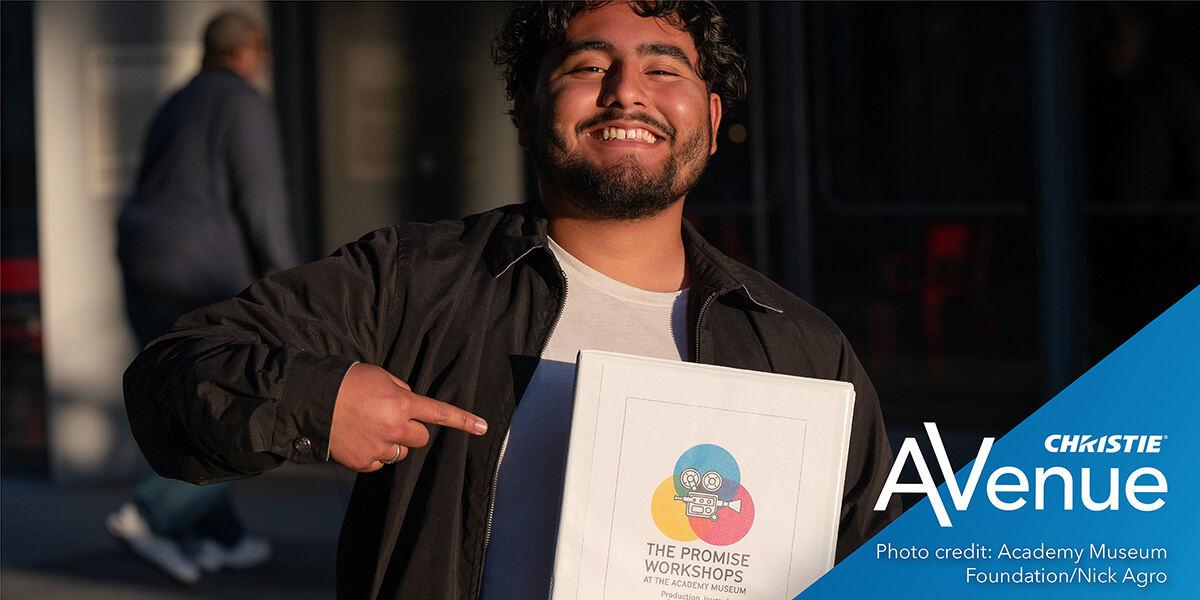When you’ve a story to tell you need someone to hear
The Academy Museum of Motion Pictures The Promise Workshops

There really are two sides to every story, but not in the way you might think. The creative, redemptive, process of getting a story onto paper or film is one, but you also need someone to hear you out, who’ll tell you it’s worth telling, that you and your story are valued.
Side two needs to happen more. And if you’re on the margins of society, or even slightly different, getting people to listen to your story can be challenging.
Well, they’re listening now and at the highest levels. Tuni Chatterji, manager of film education at the Academy Museum of Motion Pictures (yes, that Academy), runs The Promise Workshops education program specifically for a group she identifies as “emerging adults”.
“Our goal is to connect with the most system-impacted youth of Los Angeles and give them a tool for healing — but also for representation and identity. We designed it to help young people find their voice through cinema and to learn filmmaking skills through that process. And while we have tools — cameras and projection — that we can train young people on, it’s access to our wide movie community and their help exploring ideas that matter more.”
Importantly, The Promise Workshops pays a wage. Tuni says many young people fall out of the mainstream education system because of the necessity to provide for themselves and their families. They can’t afford the time, let alone the equipment to get seriously involved in moviemaking, so don’t get that option. Too often, youth are shut down before they get the chance to start.
Tuni explains, “Our aim is to create a sustaining environment where young people can see that their stories are important and that telling them is part of a healing process. The by-product is that we create empathy and compassion through cinema. I think young people can often fall under the radar, especially once they’re not being traditionally educated. They’ve left behind their old mentors, like teachers, and often aren’t in the kind of employment that fills the gap. We hope, in a small way, we do. This is a group of people who are still discovering themselves, and so to be told their lives and stories are of value is hugely empowering.”
Not that Tuni says she expects to find the next Ang or Spike Lee and that’s not the point or the aim. But why not? This is as good a place as any, and better than most, since the stories young people tell at The Promise Workshop are lived ones with an honest emotional power.
And there’s one last, often forgotten thing. The short films made here will form part of the historical record, so they won’t be forgotten. The remarkable work of The Promise Workshops and its students will be heard and seen, and we’ll all be richer for it.






